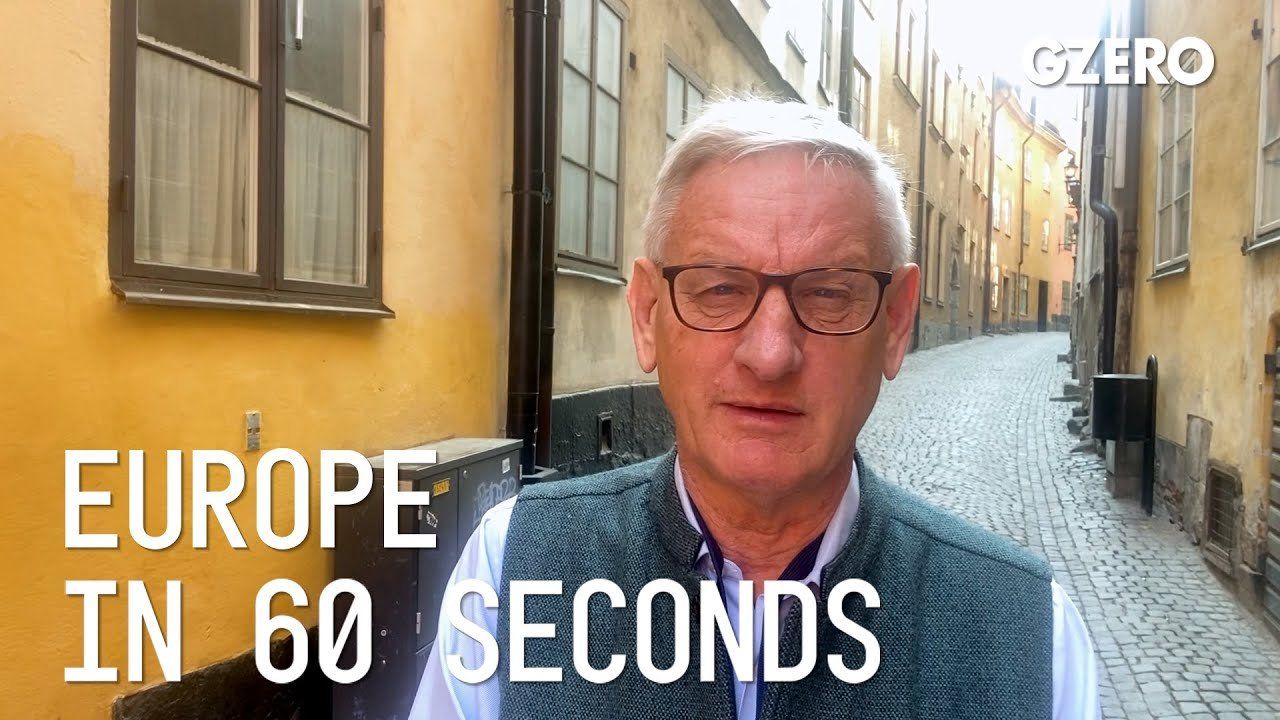
Carl Bildt, co-chair of the European Council on Foreign Relations and former prime minister of Sweden, shares his perspective on European politics (this week from Stockholm).
Will recent drone attacks in Moscow lead to Russian escalation in Ukraine?
I think there's nervousness in Moscow. The drone attacks have been, Putin was trying to play down. He couldn't do very much else. He said our defenses are working, but nothing was perfect. I think there's also nervousness on what might happen on the battlefront. What are Ukrainians up to? Will there be some sort of success in some sort of Ukrainian offensive? A nervous mood, we don't know. The inclination of Putin is always to escalate whenever he can.
Are Serbia-Kosovo relations deteriorating into another conflict?
Well, we are not heading to a new war, but we are clearly heading towards, or we are in a fairly rapid deterioration of the situation. There was a breakthrough in negotiations between Serbia and Kosovo a couple of months ago in Ohrid. It was difficult to move forward on that. It was difficult to move forward also on the measures that needs to be taken on the ground, but that it was moves taken primarily by Pristina that led to the clash that we've seen in northern Kosovo. And now the situation is deteriorating fairly rapidly. NATO's deploying additional forces, but it will require some fairly robust diplomacy to get things back to track. Let's hope for the best but be prepared for something else.